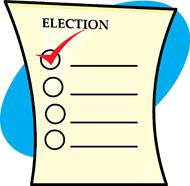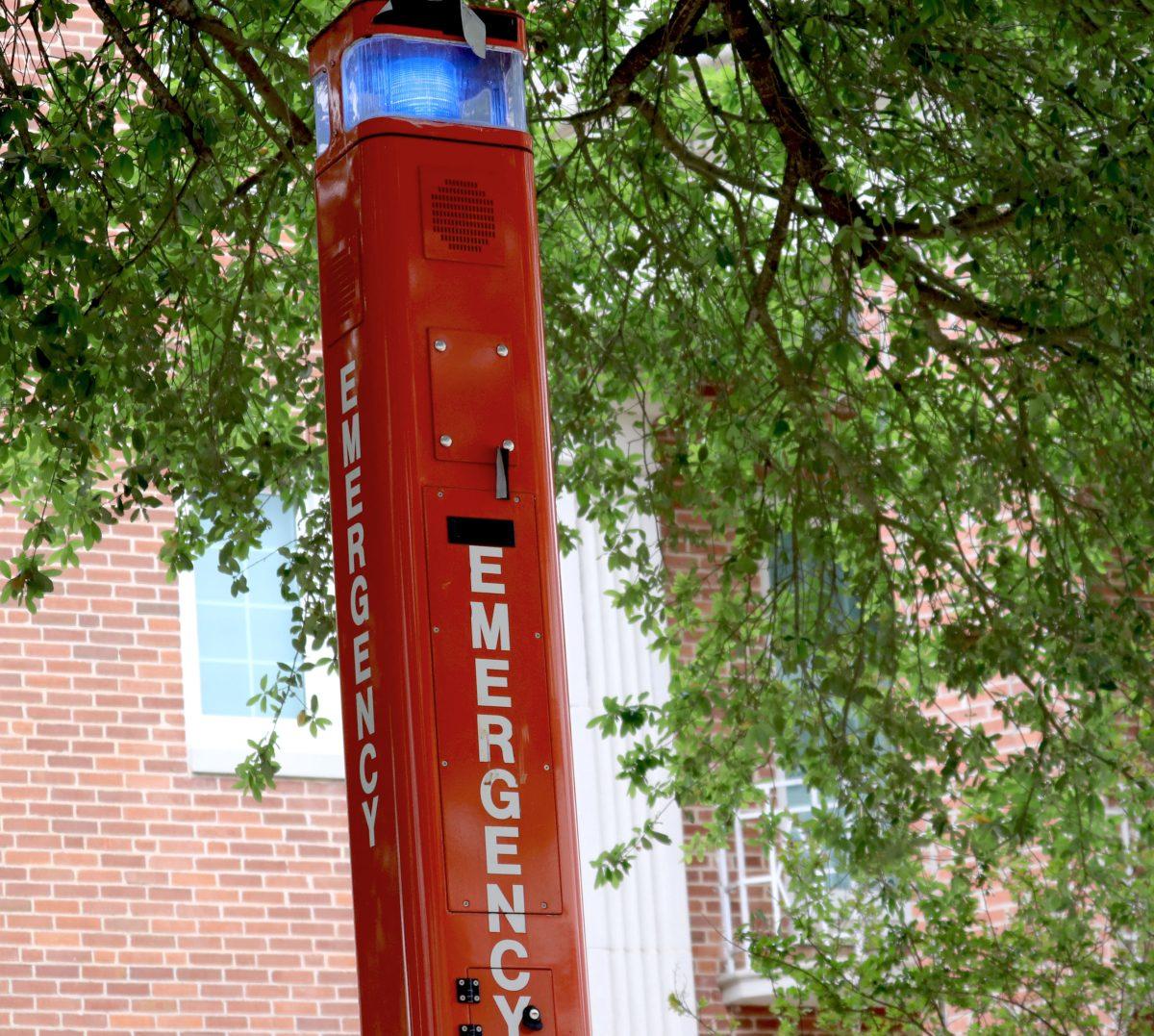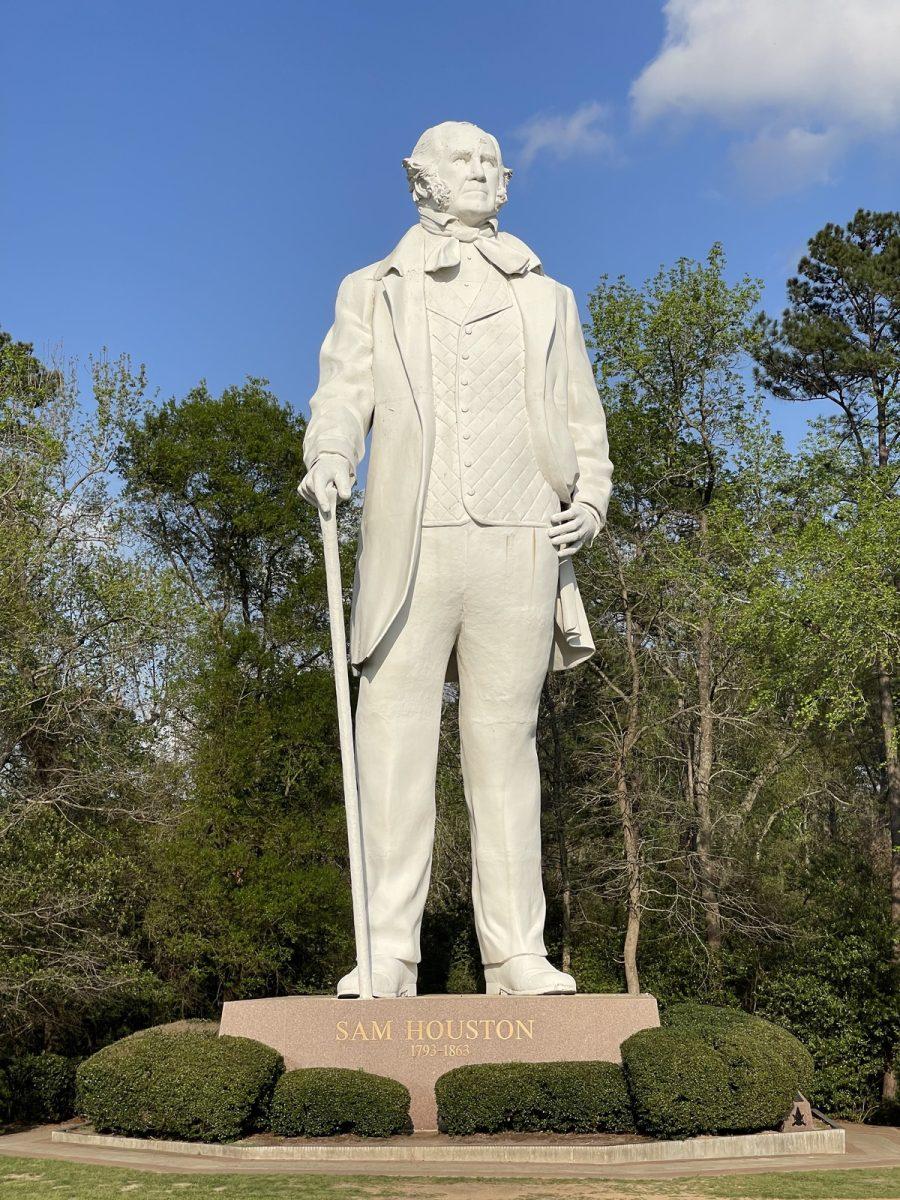
This election is proving to be the most climactic in living memory. Partisan tensions along all lines are at a boiling point, and it appears that the legitimacy of the election will be called into question no matter who wins. A legal battle over straight-ticket voting in Texas is just another front in this election crisis.
“Straight-ticket voting (also called straight-party voting) allows voters to choose a party’s entire slate of candidates with just a single ballot mark,” according to the National Conference of State Legislatures.
In Texas, a repeal of straight-ticket ballots was passed in 2017 to be effective in 2020, according to the Texas Tribune.
U.S. District Judge Marina Garcia Marmolejo blocked the repeal, citing “irreparable injury” due to the possibilities of COVID-19 exposure and “a discriminatory burden” on Black and Hispanic voters.
Texas Attorney General Ken Paxton has denounced this, issuing an appeal to maintain the repeal. Currently, the 5th U.S. Circuit Court has put the block to reinstate straight-ticket voting on hold as both sides submit their arguments.
Such court battles put pressure on the election committee to recalibrate machines, as polling places open on Oct. 13. Yet despite the convenience of straight-ticket voting, it would be in the best interest of the citizen to make their choice on each specific ballot.
In straight-ticket ballots, the citizen chooses all or nothing.
The voter may wish to vote for a city council member who is a Democrat, but also vote for a judge who is a Republican. By repealing straight-tickets, it allows for more freedom of choice, and not being pigeonholed by partisan politics.
In this instance the practice of straight-ticket voting is advantageous for Democrats, particularly in large urban counties. In these areas, few people have time to research in depth the multiple appointments and proposals that are made. Among more rural areas, voters may be more invested in their local politics.
Now the argument is levied that more time will be spent at the polls since the elector would be required to make decisions on each ballot at the booth. People make the assumption that voters aren’t as informed on their local politics as they are on the national scale and have to make a last-minute decision at the booth.
It is the duty of the candidate and the party to advertise their political platform to as many individuals as possible. If voters don’t know who or what is on the ballot, it is because there was not enough campaigning.
Straight-ticket voting is one front where parties believe they can help voters, yet it is an empty gesture. More creative solutions are needed to confront the problems faced by the average citizen in choosing their leaders on a national and local scale.





